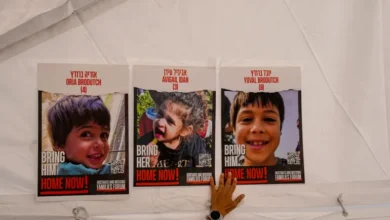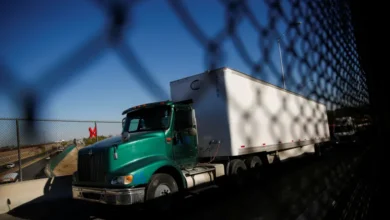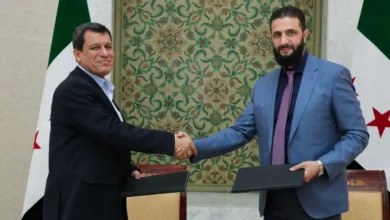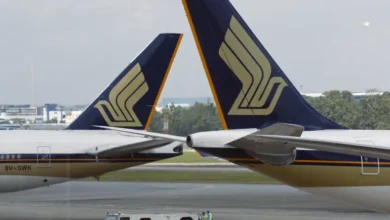Cattle raiders give up guns in ongoing fight for peace in northern Uganda
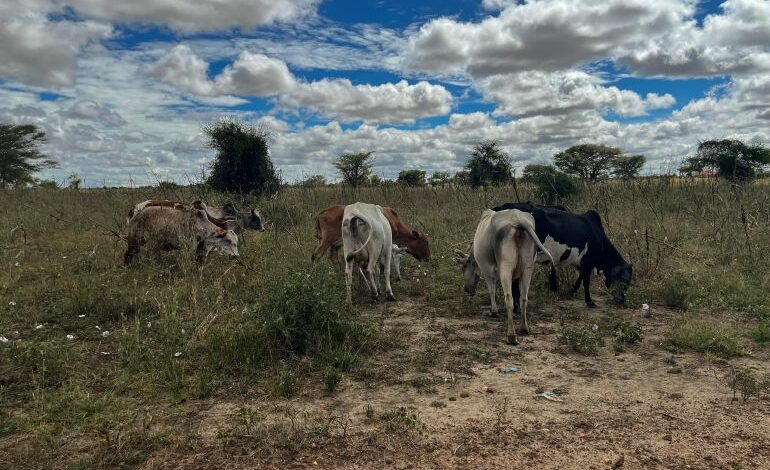
Francis Losigaara thought cattle rustling would be a good way to make money. Getting a weapon and stealing livestock seemed easy enough, and would keep his family fed.
But one by one he watched his four best friends die, shot in successive raids gone wrong until he was alone. The fellows he used to drink and woo women with were buried, as wives and children left behind begged for his support. It did not seem so easy any more.
An exhausted Losigaara surrendered his gun to the Ugandan military, during a disarmament campaign that concluded in 2010. “I just decided not to do it any more,” he said sadly. He took to farming instead, coaxing crops from the dry earth in his home district of Kotido.
When raiding returned to Karamoja four years ago, Losigaara knew he had to make a difference. Desperate to prevent others from suffering as he had, he helped found a group of reformed raiders championing peace efforts.
The men travel to meet other cattle rustlers – called karachuna or youth in Karamojong, the local language – hiding in rocky fiefdoms in the Karamoja wilderness and convince their colleagues to give their guns to the Ugandan army.
Cyclical violence
A remote subregion in the northeastern corner of Uganda, Karamoja is home to 1.2 million people – 2.5 percent of the national population. Its scrublands have long been subject to rounds of conflict.
The climate is hot and dry, with an annual rainy season. It is hard for farmers to grow crops, and for pastoralists to find grass and water to graze their livestock. The poverty rate is well above the national average, according to the Uganda Bureau of Statistics.
“It’s one of the poorest, if not the poorest [areas], in this country,” said Simon Peter Langoli, head of the Karamoja Development Forum, an advocacy organisation in the regional capital of Moroto.
The conflict there is driven by scarcity. With guns flowing over neighbouring Kenya and South Sudan’s porous borders, cattle raiding seems the only viable option when jobs are few and food is scarce.
In its last disarmament campaign, the Uganda army managed to recover some 50,000 guns. However, the government failed to create livelihood opportunities to replace the money that rustling provided. By 2019, large-scale cattle raids had returned.In Kotido town, where cattle rustling was particularly rampant, Lowat Longorialem lost all of his animals to the raids in 2019. So he decided to steal them back.
Joining a group of rustlers, his task was to corral frightened cows and goats out of thorny livestock pens with a stick, while armed karachuna threatened the cattle keepers. It was hard work, and since Longorialem did not have a gun himself, he was not entitled to payment, he said.
In the chaos of one raid, he took his chances, pinching five large bulls off the karachuna. He then used the proceeds to buy a weapon of his own. Afterwards, he camped out in the hinterlands, taking part in robbery after robbery.
Karachuna do not rob their close neighbours, but travel miles on foot to other districts, putting them in the crosshairs of other rustling groups and soldiers trying to maintain calm.
